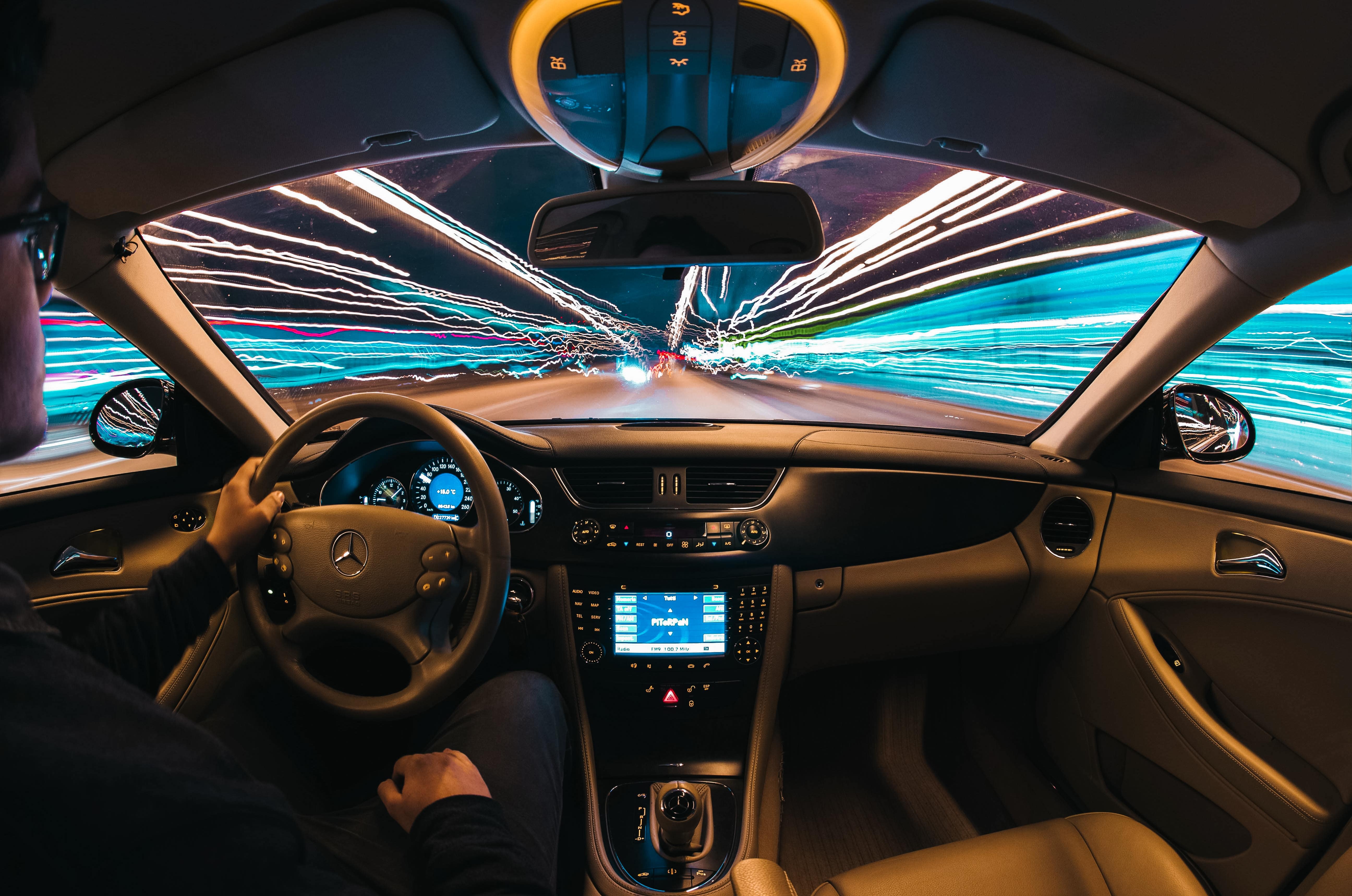Every day we’re inundated with bleak Future of Work headlines. Robots to replace [insert job title]. The software will demolish [insert another job title]. What we tend to overlook, though, is the widespread safety net that has crept under us in the last five years: The Gig Economy.
The Wall Street Journal dropped a staggering statistic today from the JPMorgan Chase Institute:
Almost 1% of U.S. households are earning income on ridesharing apps
Making money on the internet (on the side) was once dominated by eBay / craigslist – selling our junk online. Now, the Gig Economy provides people with a simple way to supplement their income during idle time. And loads of people from all walks of life are taking advantage of the opportunity.
Ben’s tweet speaks volumes to a large portion of Uber drivers. For example, I’ve got a friend who is a professional chemist and drives Uber to pay off his car.
Uber, Lyft, Airbnb, TaskRabbit, etc. are all great for making some side dough. However, they are not career paths and don’t indicate where the massive workforce is headed – really for one simple reason:
There’s no benefit to working in the Gig Economy long-term.
If I drive for Uber for the next 20 years, I’ll likely be doing the same thing… driving a car (if autonomous cars don’t replace me). There’s no position for me to rise in the ranks. There’s no career path that shows the possibility for growth. Even factories show a small opportunity to move up to floor manager roles.
What this signals, is that there’s either an area of improvement for the Gig Economy – to create a hierarchy of roles, transforming them into careers. Or, the Gig Economy will forever be stuck in their current place.
Equally important, is that we stop associating the Gig Economy solely with emerging companies (Airbnb, Uber, Fiverr,
For instance, Amazon is granting entrepreneurs the ability to work as a Delivery Service Partner – thus disrupting existing parcel delivery services. There’s no reason USPS can’t partner with them and democratize this task.
On another note, what’s stopping Best Buy from creating a platform where anyone can be a “geek” in the Geek Squad – incentivizing other techies to make some dough in their free-time?
Regardless, the Gig Economy is here to stay and it’s just one of the many ways the Future of Work is shaping up. I’m far more interested in how we’ll adapt our Labor Laws to fit with these emerging work styles.
Uber drivers can sit in their cars, unpaid, for hours waiting for a ride. RideGuru reports, for example, the wait time for Uber drivers at the airport:
If I were to give a “typical” figure, the wait is usually about 15 to 30 minutes when things are working smoothly… Unfortunately, the wait time can reach multiple hours. New York airports are notorious for long lines that can be 2+ hours.
Currently, Airbnb is petitioning SEC to allow hosts to get Airbnb equity. Uber is thinking along the same lines. These are great starts (although, I don’t think they’ll go through).
Nonetheless, it’s easy to get caught in the popular media narrative that jobs will just disappear in the next 20 years. And they always only tell half the story. They forget to talk about how we’re an instinctive and creative breed that will create more Ubers, Fivvers, and YouTubes, allowing us to leverage our own personal skills to earn a living.
